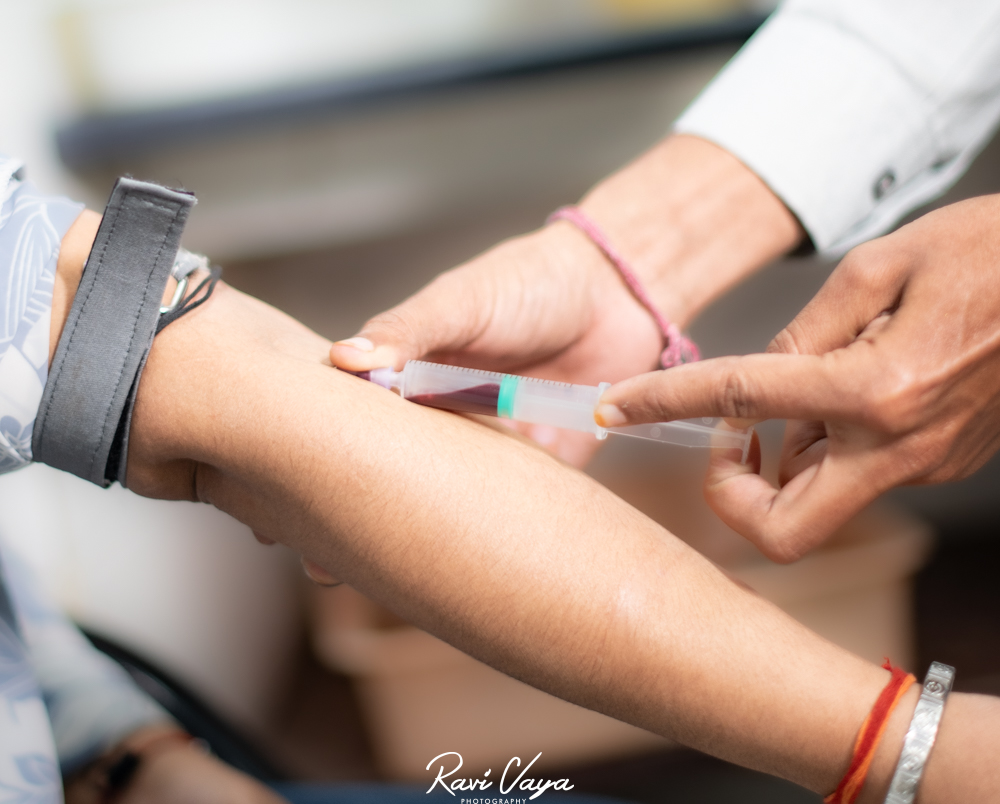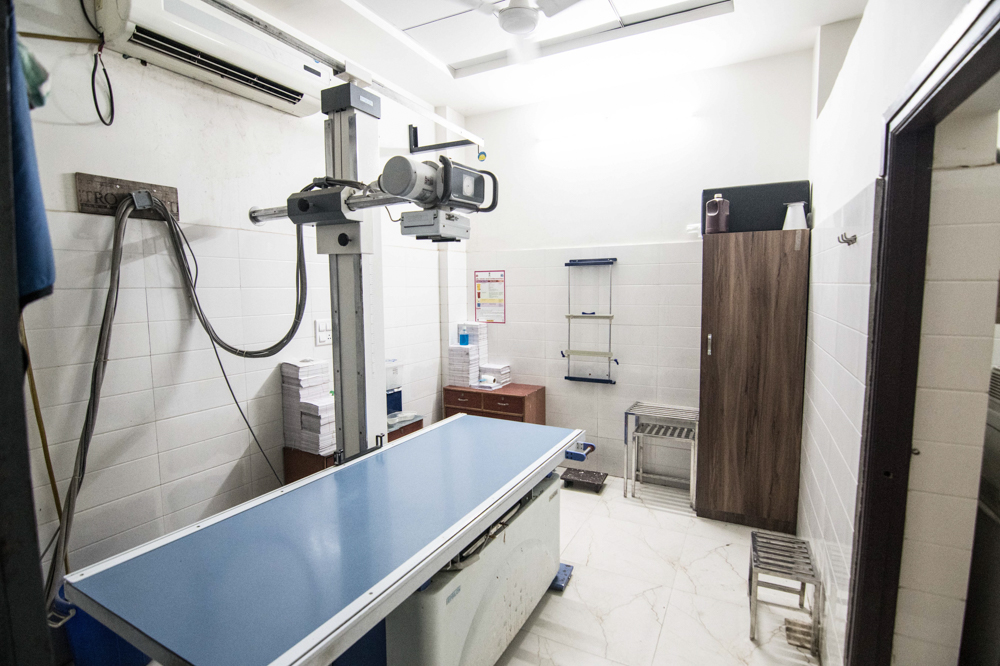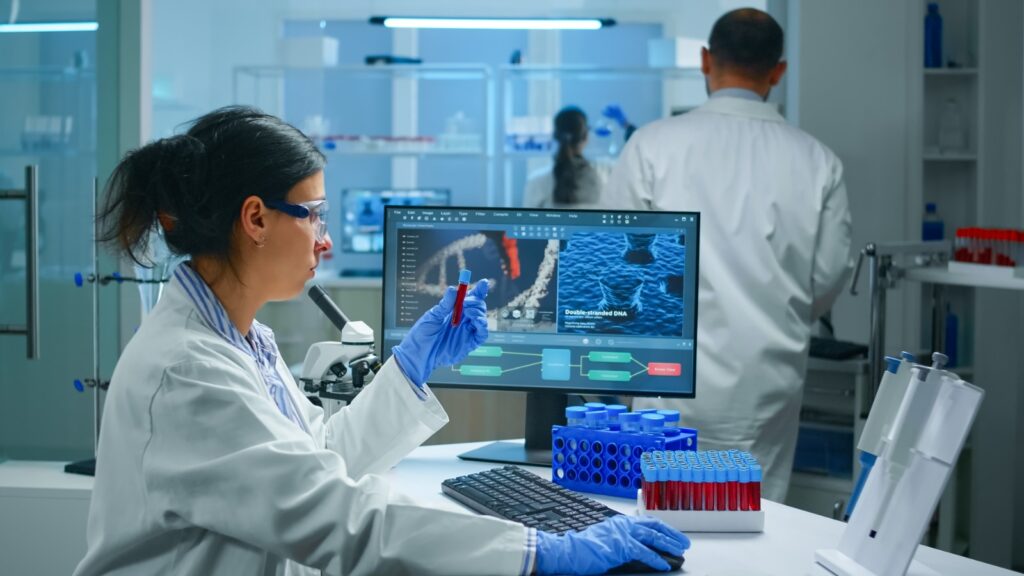Malaria is a serious and sometimes fatal disease caused by parasites transmitted to humans through the bites of infected female Anopheles mosquitoes. While proper medication and treatment are essential for recovery, nutrition also plays a critical role in supporting the immune system and overall health during this illness. In this article, we’ll explore what to eat and avoid when dealing with malaria, ensuring you support your body effectively during the recovery process.
1. Importance of Nutrition in Malaria Recovery
When battling malaria, the body is under significant stress, and the immune system needs support. Proper nutrition can help enhance recovery, replenish lost nutrients, and maintain energy levels. A balanced diet can also aid in combating the side effects of malaria medications, such as nausea and loss of appetite.
Nutritional Goals During Malaria
- Strengthen the immune system.
- Replenish lost nutrients and fluids.
- Support overall recovery and energy levels.
2. Foods to Eat During Malaria
When recovering from malaria, it’s essential to focus on a diet rich in nutrients that support healing. Here are some foods that can be beneficial:
a. Hydrating Foods and Fluids
Staying hydrated is crucial, especially if experiencing fever, vomiting, or diarrhea. Drink plenty of fluids and consume hydrating foods.
- Water: Stay hydrated by drinking ample water.
- Coconut Water: Provides electrolytes and hydration.
- Broth-based Soups: Nourishing and easy on the stomach.
- Fruits: Watermelon, oranges, and cucumbers for hydration.
b. Nutrient-Dense Foods
These foods can help support your immune system and provide the energy needed for recovery.
- Lean Proteins: Chicken, fish, and eggs aid in tissue repair and muscle maintenance.
- Whole Grains: Brown rice, quinoa, and oats provide essential carbohydrates and fiber.
- Leafy Greens: Spinach, kale, and other greens are rich in vitamins and minerals, particularly iron, which is crucial for red blood cell production.
- Fruits and Vegetables: Bananas, oranges, and carrots provide vitamins and antioxidants that help fight infection.
c. Iron-Rich Foods
Malaria can lead to anemia due to the destruction of red blood cells. Consuming iron-rich foods can help restore iron levels.
- Red Meat: Beef and lamb are excellent sources of heme iron.
- Legumes: Lentils, beans, and chickpeas are good plant-based iron sources.
- Nuts and Seeds: Almonds and pumpkin seeds provide iron and healthy fats.
d. Probiotics
Probiotics can support gut health, especially if you’re taking antibiotics for malaria treatment.
- Yogurt: Look for live cultures to promote gut health.
- Fermented Foods: Sauerkraut, kimchi, and kefir can be beneficial.
3. Foods to Avoid During Malaria
Certain foods and beverages can hinder recovery or worsen symptoms. It’s best to avoid these during and shortly after malaria treatment.
a. Sugary Foods
High sugar intake can weaken the immune system and lead to inflammation. Limit sweets, candies, and sugary beverages.
b. Processed Foods
Highly processed foods often contain unhealthy fats and additives that can hinder recovery.
- Fast Food: High in unhealthy fats and low in essential nutrients.
- Packaged Snacks: Often loaded with sugar and preservatives.
c. Caffeine and Alcohol
Both can dehydrate the body, which is counterproductive during recovery.
- Caffeinated Beverages: Limit coffee, tea, and energy drinks.
- Alcohol: Avoid alcohol, as it can interfere with medications and recovery.
d. Fatty and Greasy Foods
These can be hard to digest and may lead to gastrointestinal discomfort.
- Fried Foods: Heavy and greasy options can exacerbate nausea.
High-fat Meats: Limit fatty cuts of meat that may be difficult to digest.
4. The Role of Supplements
In some cases, dietary supplements may be beneficial in supporting recovery. However, consult with a healthcare professional before starting any new supplements.
Beneficial Supplements
- Multivitamins: Can help fill nutritional gaps.
- Iron Supplements: May be necessary if anemia is present.
5. Listening to Your Body
Recovery from malaria can vary from person to person. It’s important to listen to your body’s needs and adjust your diet accordingly. If you’re feeling nauseous, opt for light, bland foods. As you recover, gradually reintroduce more nutrient-dense options.
Conclusion
Proper nutrition plays a vital role in recovery from malaria. By focusing on hydrating, nutrient-rich foods and avoiding those that can hinder recovery, you can support your body during this challenging time. At Dr. Vayas Lab, we encourage you to prioritize your health and consult healthcare professionals for personalized advice regarding your diet and treatment plan. Remember, a well-balanced diet is key to regaining strength and supporting your immune system in the fight against malaria.




